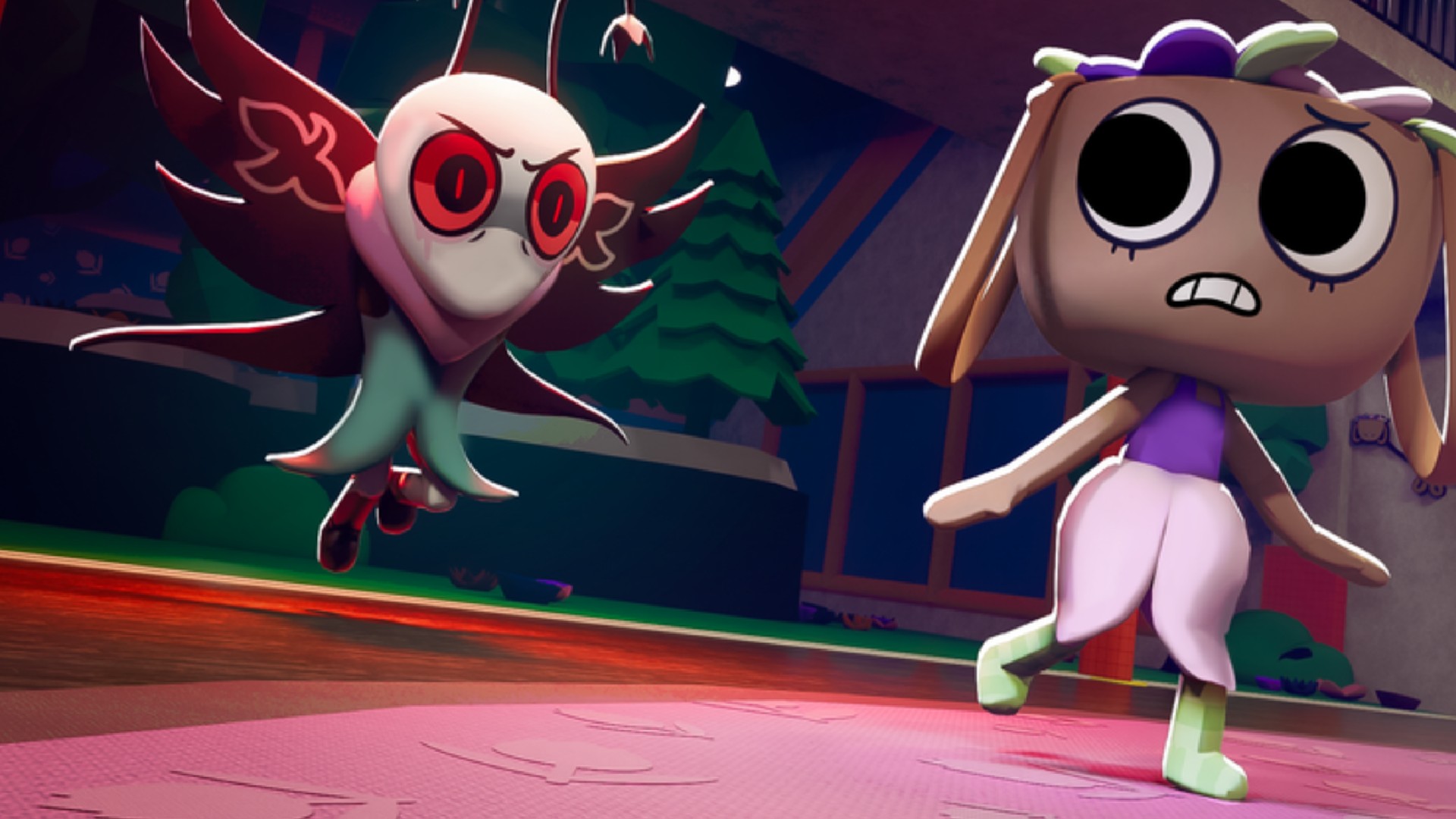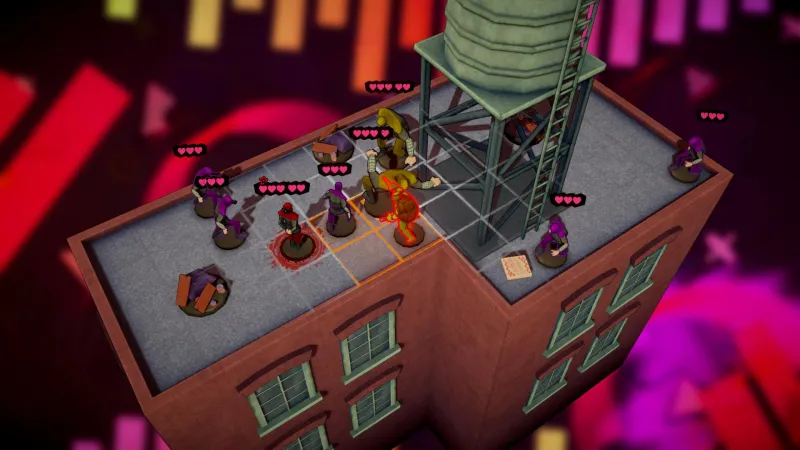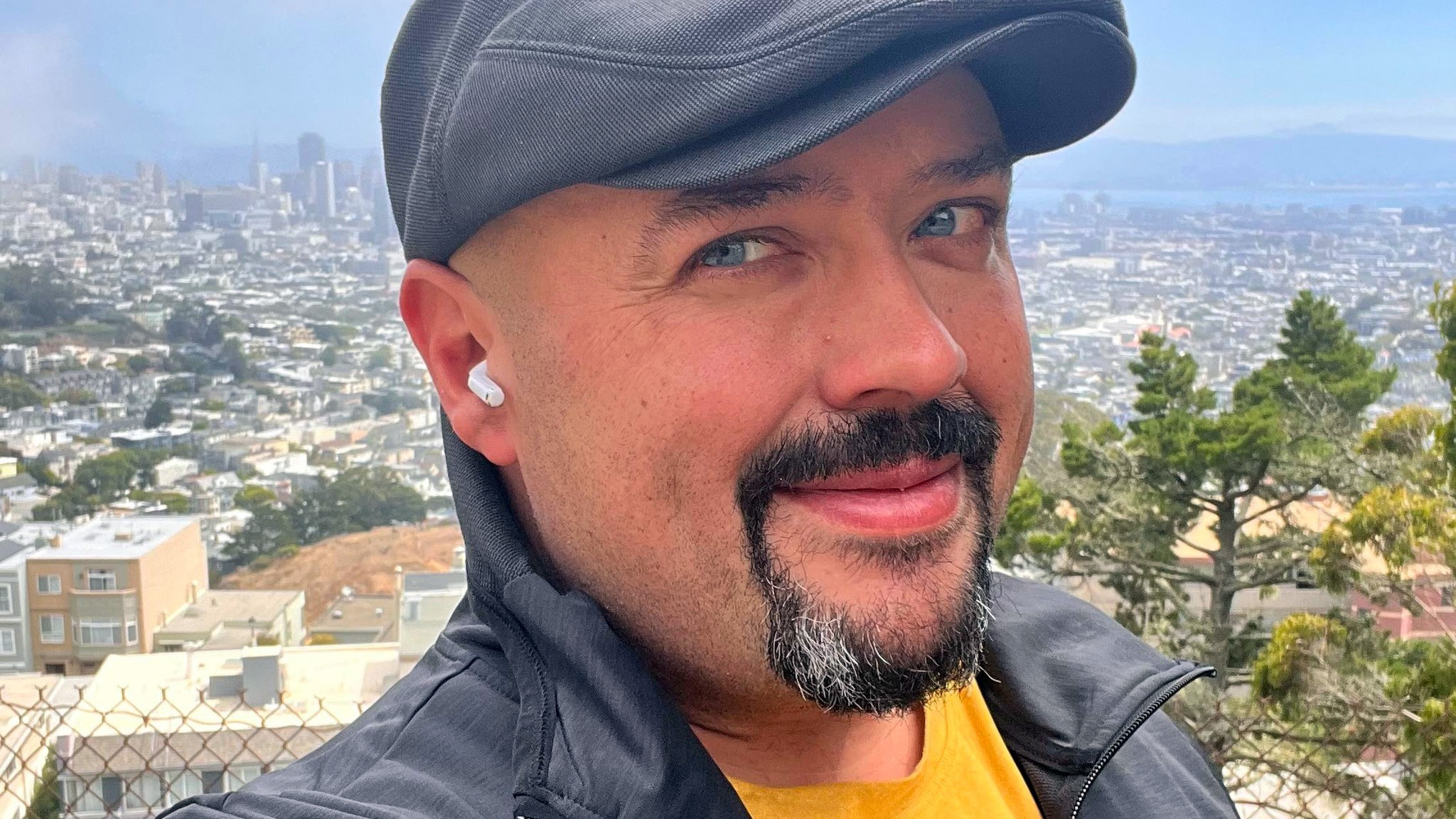
Unity has apologized for the “confusion and angst the runtime fee policy” it announced last week has caused and has revealed it will be “making changes” to it.
Unity took to Twitter/X to share the news, saying it has been talking to a number of people inside and outside the company and is planning on changing course to the controversial policy. While it didn’t share any details on what those changes may be, it did promise another update will arrive in “a couple of days.”
We have heard you. We apologize for the confusion and angst the runtime fee policy we announced on Tuesday caused. We are listening, talking to our team members, community, customers, and partners, and will be making changes to the policy. We will share an update in a couple of…
— Unity (@unity) September 17, 2023
“We have heard you,” Unity wrote. “We apologize for the confusion and angst the runtime fee policy we announced on Tuesday caused. We are listening, talking to our team members, community, customers, and partners, and will be making changes to the policy. We will share an update in a couple of days. Thank you for your honest and critical feedback.”
The Unity Runtime Fee Policy is set to go into effect on January 1, 2024, and would charge $0.20 per install for any game with more than 200,000 installs. This obviously raised a lot of eyebrows as the term install in today’s day and age is a bit hard to pin down. For example, will devs get charged for multiple installs from those who install, uninstall, and re-install their games? Even though there is no charge to the consumer after the monthly fee, do Xbox Game Pass or PlayStation Plus installs count?
Unity tried to clarify the policy, saying it will only count “net new installs” on any devices starting January 1 and devs would not be paying fees on re-installations, “fraudulent” installs via botnets and the like, trial version, web and streaming games, and charity-related installs. Unity also claimed that “90 percent of customers will not be affected by this change.”
The development community did not take kindly to these proposed changes and clarifications, and many teams across the globe, including Rust 2 developer Facepunch Studios, said they won’t be making their games in Unity now. Others, like Massive Monster, threatened to delete its Unity-made game Cult of the Lamb on January 1 should these changes happen.
The pushback got so severe that Unity offices in San Francisco and Austin had to close due to what it called a credible death threat.
We will obviously continue to follow this story closely and share all the new details as they are shared from Unity. Until then, be sure to check out exactly why these new install fees are spurring massive backlash among game developers and the Unity games that could be impacted most by these controversial changes.
Have a tip for us? Want to discuss a possible story? Please send an email to [email protected].
Adam Bankhurst is a news writer for IGN. You can follow him on Twitter @AdamBankhurst and on Twitch.







